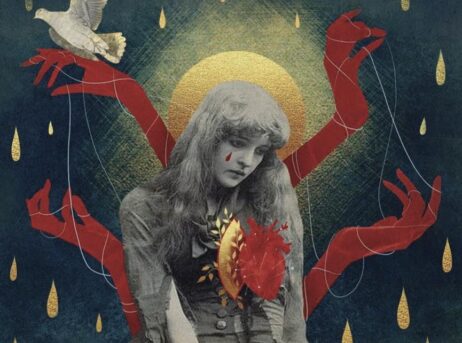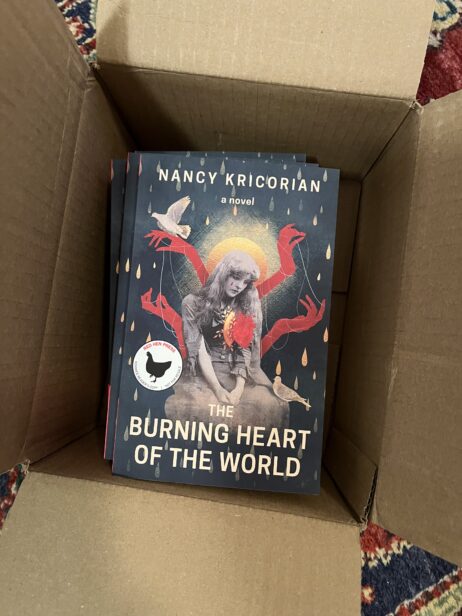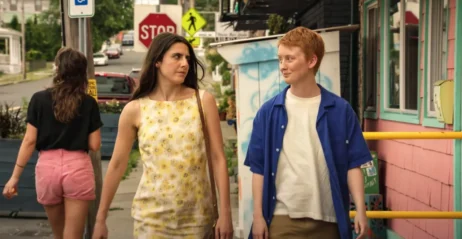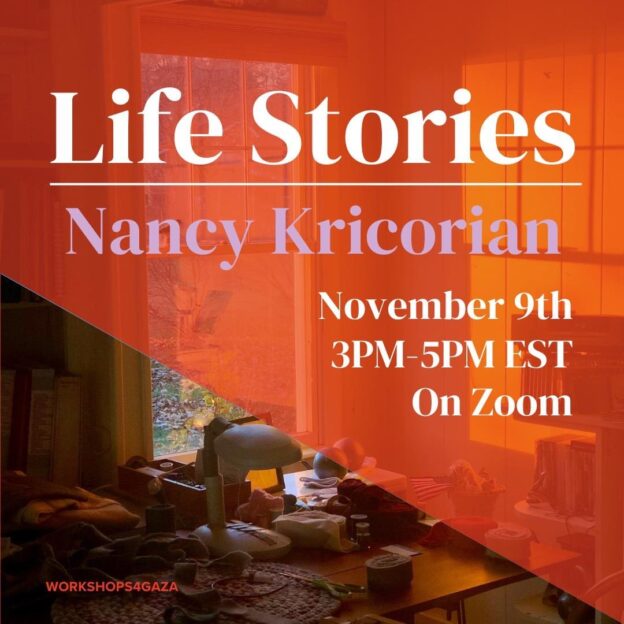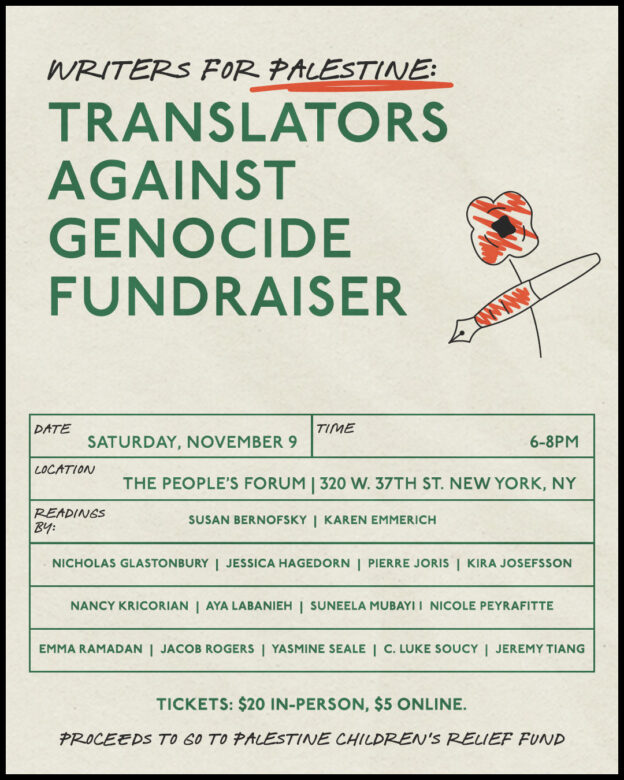Tenacity
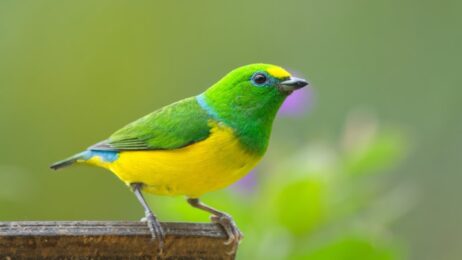
Last month I went on a two-week journey to Colombia, the highlight of which was a nine-day birding trip that departed from Barranquilla and went through the Sierra Madre Mountains and to the Guajira Peninsula. In the cloud forest and on the Caribbean coast we got up before dawn to go in search of rare and endemic birds, including the Sapphire-bellied Hummingbird and the critically endangered Blue-Billed Curassow. In addition to hundreds of species of birds, we also saw Howler Monkeys, Cotton-Topped Tamarins, a vast array of wildflowers, and dozens of butterflies. I knew that Colombia was one of the most biodiverse places on earth, but to see the variety of flora and fauna was an absolute delight and a welcome distraction.
When I arrived home on February 3, a sense of dread overtook me. Now each time that I look at the headlines about the rampage of the horsemen of the apocalypse, I think of all the suffering they are unleashing, and my heart is torn to shreds. I feel like a tiny piece of flotsam in a raging sea and want to sink to the ocean floor. Then I take a deep, slow breath and think, I can’t let them paralyze me with grief and rage. That’s what they want. They want us to feel powerless in the face of their cruel, venal wrecking machine. But we have an obligation to ourselves and to each other to take meaningful action.
Daily I repeat the mottos that help me keep me afloat in these turbulent times.
The only recognizable feature of hope is action.
~ Grace Paley
Choose your lane, find your people.
~ Mariam Kaba
Freedom is a constant struggle.
~ Angela Davis
The voice of the people is louder than the roar of the cannon.
~ Armenian proverb
I have been volunteering with The Ark Immigration Clinic at CBST, and continuing my mentoring of young writers in and from Palestine via We Are Not Numbers and the Gaza Scholarship Initiative. I’m also trying to figure out what else to do locally to mitigate the worst effects of the horsemen, and have been feeling inspired by the organizing of the Columbia County Sanctuary Movement and For The Many in the Hudson Valley. The Working Families Party is also doing great work.
On a recent Substack post entitled You’re Not a Superhero, Joshua P. Hill of New Means put it beautifully:
You don’t need to save the world, you can’t save the world, but together we can move in that direction. It takes thousands and millions of us doing what we can taking the steps in front of us, reaching out to connect with others and to expand the actions we can collectively take and the power we can collectively wield.
In recent podcast interview (see below for link), the ACLU’s Chase Strangio said in a similar vein, If I could have listeners remember one thing, it is that our power grows when we are in solidarity with each other. Right now, there is a sense of collective exhaustion, fear, and not knowing where to turn. But the single thing we can do is build power with one another. And then my action item is to go take a risk for somebody who has less power than you do.
My literary mentee and friend Sahar in Gaza, who has been struggling with despair herself, reacted to my angst about the sociopaths at the helm of the U.S. government by sending me this message:
They won’t be able to steal our hope and our strength. We will weaken and grieve at times, but we will always get back up, right?
Yes, my dear wise Sahar. We will always get back up.
Yours in struggle,
Nancy Kricorian
RECOMMENDED READING
I received a lovely prepublication review of THE BURNING HEART OF THE WORLD by Eleanor Bader on New Pages. The official publication date is April 1, and you can preorder the book here.
Great piece by M. Gessen in the New York Times entitled The Barrage of Trump’s Awful Ideas Is Doing Exactly What It is Supposed to Do.
Check out this investigative piece from The Intercept about a WhatsApp group started by some members of Columbia Alumni for Israel and their efforts to get students who protested against the genocide in Gaza arrested and/or deported.
RECOMMENDED LISTENING
This Makdisi Street podcast interview with Aslı Bâli, Professor of Law at Yale Law School and President of the Middle East Studies Association, is absolutely brilliant.
Listen to the ACLU’s Chase Strangio in conversation with W. Kamau Bell discussing the current state of LGBTQIA+ rights across the country.
Listen to a beautiful new song from Lebanese singer-songwriter Yasmine Hamdan.
February 17, 2025
